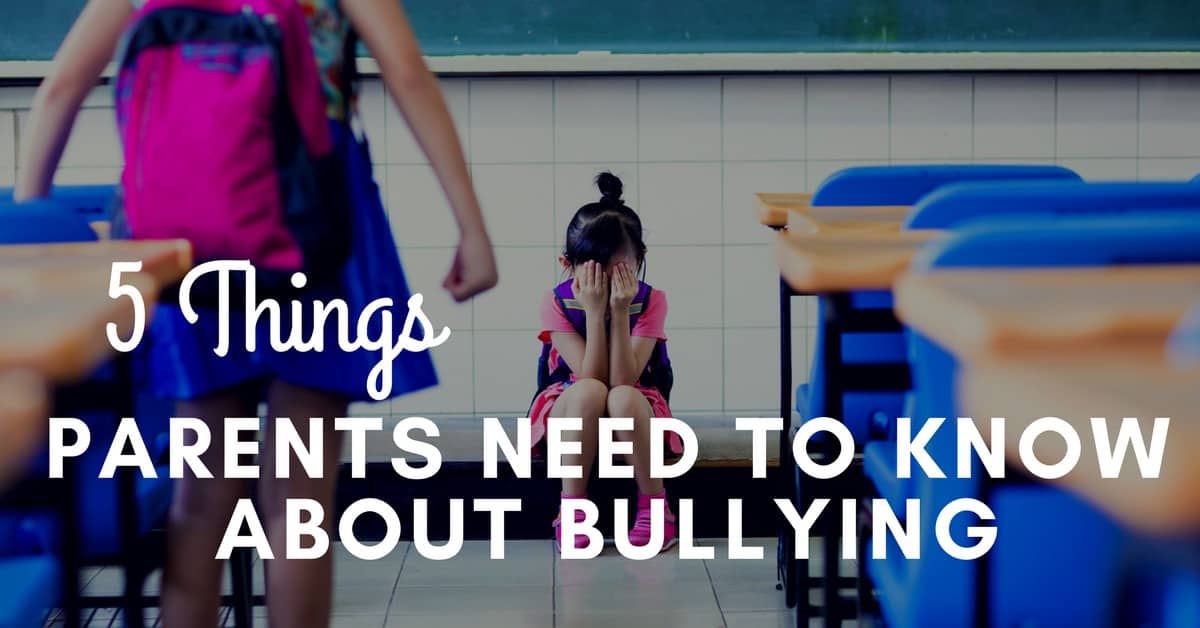
Sadly, young people today are facing what seems to be an increasing amount of bullying – and not just on playgrounds or in their neighborhoods. Aggression and violence are taking place on the internet and in the classroom, too. Many are appalled at the number of times they read about such incidents, but some are unaware that their own children may be involved in or are suffering from the bullying epidemic. Schools, school districts, and lawmakers have become aware of the crisis and are putting effort toward eliminating the problem. But, as always, it is parents who need to begin the process at home.
- Something as mundane as having dinner together as a family can make a huge difference in a child’s life. Several studies in the journal Pediatrics and JAMA Pediatrics have shown that the simple act of eating together with no television or technology can lower the risks of promiscuity, drug use, school difficulties, and, yes, violence. Parents may get a little push back from their kids, but this is a habit on which it is worth making waves.
- The media has been reporting tragic stories of young people who have been bullied online. Some of these adolescents have taken their own lives because of the hurt and humiliation they have experienced. Because of this, many child psychiatrists have recommended that parents monitor their child’s online comings and goings. Yes, moms and dads may get some backtalk from their progeny and there will be, no doubt, some drama involved, but parents must keep tabs on their youngsters’ internet presence at all costs.
- It is always important for parents to establish and nurture their relationships with their kids’ teachers and administrators. Keeping close ties to their young ones’ schools makes it easier for them to express their opinions, ask questions about policies and regulations, and report incidents if there is ever cause to do so. The first person to address when bullying is expected is the classroom teacher. If a parent does not see results from that interaction, school administrators should be consulted.
- A face-to-face talk between parents and their child is of utmost importance. Young people need to be given ideas concerning how to confront bullying in a way that will avoid any violence. When parents give their children instruction on how to mitigate a situation using peaceful means, they are modeling the correct behavior and possibly obviating a serious outcome.
- Parents can model anti-bullying behaviors at home. If a young person sees disagreements being resolved in a caring and subdued manner, she will likely mimic that behavior herself. Mothers and fathers need to make an effort to avoid loud arguments, ridiculing one another, or speaking negatively about another person. As Stephen Sondheim wrote,”Careful the things you say, children will listen. Careful the things you do, children will see and learn.”

